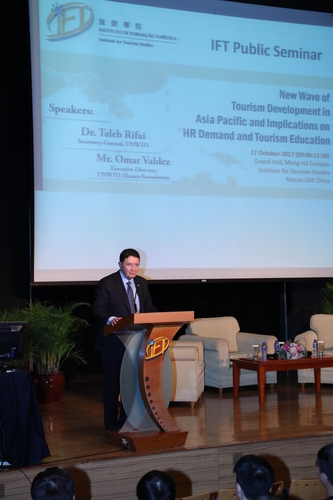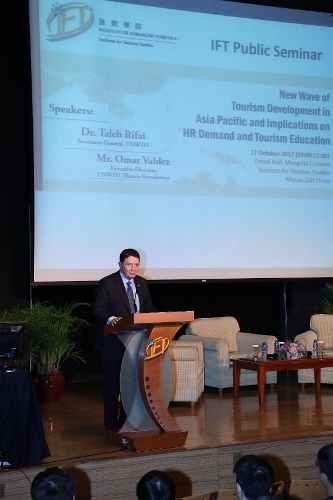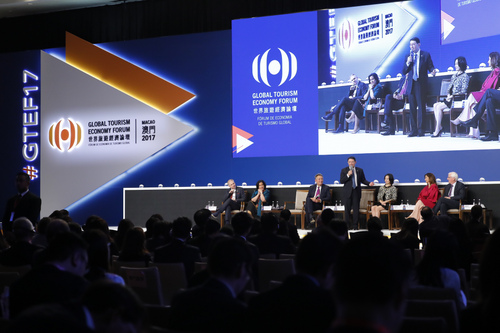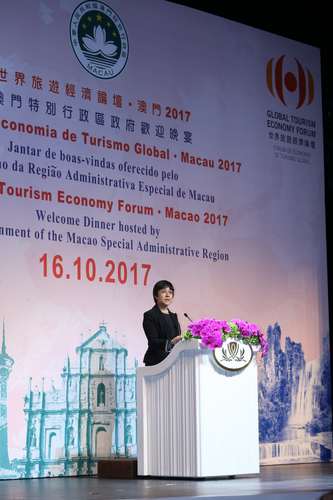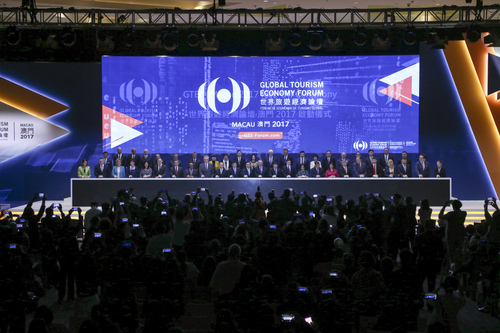Macao SAR Government Portal
News
Consumer Council conducts price survey on selling prices of fresh pork and vegetables from Zhuhai, HK, and Macao
For the implementation of Section 2b), Article 10, Law 4/95/M of 12 June, Consumer Council collects prices of fresh pork from wet markets and supermarkets for consumers’ reference on 17 October. The mentioned data collected during 11 October to 17 October are used for comparing the average selling price of the same products from Zhuhai and Hong Kong. The relevant data has been uploaded to the Council’s website for consumers’ reference.
…
Consumer Council conducts price survey on selling prices of fresh pork and vegetables from Zhuhai, HK, and Macao
For the implementation of Section 2b), Article 10, Law 4/95/M of 12 June, Consumer Council collects prices of fresh pork from wet markets and supermarkets for consumers’ reference on 17 October. The mentioned data collected during 11 October to 17 October are used for comparing the average selling price of the same products from Zhuhai and Hong Kong. The relevant data has been uploaded to the Council’s website for consumers’ reference.
…
UNWTO Secretary-General shares insights on tourism development in Asia Pacific and implications on HR demand and tourism education at IFT
On 17 October, the Institute for Tourism Studies(IFT) held a public seminar with the World Tourism Organisation (UNWTO) on tourism development in Asia Pacific, human resources demand and tourism education. Secretary-General of World Tourism Organisation(UNWTO), Dr. Taleb Rifai, and Executive Director of UNWTO. Themis Foundation, Mr. Omar Valdez were the keynote speakers.
…
UNWTO Secretary-General shares insights on tourism development in Asia Pacific and implications on HR demand and tourism education at IFT
On 17 October, the Institute for Tourism Studies(IFT) held a public seminar with the World Tourism Organisation (UNWTO) on tourism development in Asia Pacific, human resources demand and tourism education. Secretary-General of World Tourism Organisation(UNWTO), Dr. Taleb Rifai, and Executive Director of UNWTO. Themis Foundation, Mr. Omar Valdez were the keynote speakers.
…
Global Tourism Economy Forum• Macao 2017 lines up over 60 distinguished speakers from worldwide for dialogues on regional collaboration showcases culture of 16 Central and Eastern European Countries and landscape of Guizhou as Partner Province
The sixth edition of the Global Tourism Economy Forum (“GTEF” or “the Forum”)unfolded an opening ceremony, themed panel sessions, tourism presentations and business networking activities in its first-day program today (16 October), having invited over 60 distinguished speakers from more than 20 countries and regions to present their insightful perspectives on various discussion topics. The first-day program includes two discussion sessions namely a special keynote on the topic “A Journey Well-Traveled” as well as the signature session held in collaboration with UNWTO — Face to Face, Ministers and Private Sector CEOs.
…
Macao SAR Government hosts welcome dinner for the guests of Global Tourism Economy Forum • Macao 2017
With the sixth edition of the Global Tourism Economy Forum (“GTEF” or “the Forum”) officially unveiled this afternoon (16 October), a welcome dinner was hosted for local and international guests by the Macao Special Administrative Region Government at Wynn Palace tonight, conveying the wish that the Forum will mark an unparalleled success and create a wealth of opportunities for global tourism cooperation.
…
Consumer Council released latest ‘Supermarket price survey’ Surveyed spots included 13 supermarkets in N. Sra. de Fátima Parish
Consumer Council conducted its second ‘Supermarket price survey’ in October on 16 October for the implementation of Section 2b), Article 10, Law 4/95/M of 12 June. Surveyed locations included supermarkets near Iao Hon Market and the Border Gate area (Portas do Cerco ) in N. Sra. de Fátima Parish.
…
Global Tourism Economy Forum • Macao 2017 proudly presents Regional Collaboration towards a Better Future
The sixth edition of Global Tourism Economy Forum (“GTEF” or “the Forum”) was unveiled today (16 October) at Grand Hyatt Macau. As the leading international tourism platform designed to promote sustainable development of the global tourism industry with a focus on China, GTEF supports China’s Belt and Road Initiative and embraces the “16+1” economic framework between China and the Central and Eastern European Countries in its 2017 edition under the theme of “Regional Collaboration towards a Better Future”. The Forum gathers many ministerial officials, leaders of globally‐renowned corporations, experts and scholars from around the world to explore how tourism collaboration characterized by shared interests and mutual respect is conducive to the building of a better future among nations and regions, and creation of opportunities and synergies.
…
Ticket refund of the concert The Erhu Family
Due to adverse weather conditions, the concert The Erhu Family, integrated in the 31st Macao International Music Festival (MIMF), organized by the Cultural Affairs Bureau, originally scheduled on Sunday, 15 October, at 8pm, at the Macao Cultural Centre Small Auditorium, was cancelled. The Organization of the 31st MIMF apologises for any inconvenience caused.
…
Commemorative postmark cancellation service of “Open Day of Government Headquarters of the MSAR”
To celebrate the Open Day of Government Headquarters of the MSAR, Macao Post and Telecommunications Bureau announces that a Temporary Post Counter will be set up in front of Government Headquarters, Avenida Doutor Stanley Ho, at 9H00 to 18H00 on 21st to 22nd October 2017 providing the commemorative postmark cancellation service for the “Open Day of Government Headquarters of the MSAR”.
…


